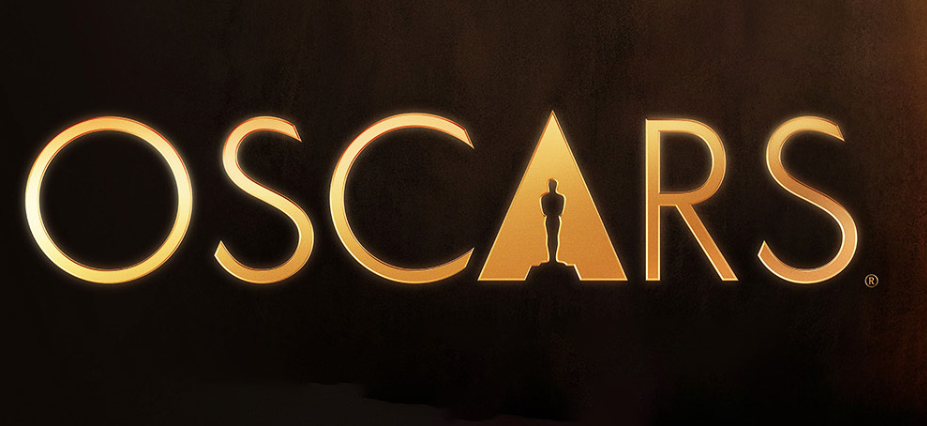Where Does Google’s Name Come From?

© Pawel Czerwinski / Unsplash
Google is a household name that has become synonymous with online search and information. But have you ever wondered where the name “Google” actually comes from? The story behind the iconic name of one of the world’s biggest tech companies is both fascinating and surprising.
What Is Google?
Google was founded by Larry Page and Sergey Brin, two college students at Stanford University. In 1995, Larry, considered attending Stanford for grad school. He was given a tour of the campus by Sergey, who was already a student there. This encounter sparked a partnership between them. They shared a vision of creating a website that would rank pages based on the number of other pages linking back to them, essentially forming a web of interconnected information.

Working from their college dorm rooms, Larry Page and Sergey Brin developed a search engine and initially named it “Backrub,” an unexpected choice. However, shortly thereafter, they renamed it “Google”. This was a playful nod to the mathematical term “googol”, representing the number 1 followed by 100 zeros.
What Does Google’s Name Mean?
The name “Google” was chosen by Larry Page and Sergey Brin to reflect their ambitious goal of organizing the vast amount of information available online. They wanted to make it universally accessible and useful. It was hand-picked to symbolize the immense scale of data they aimed to search through and index during the creation of their search engine.

In 1920, mathematician Edward Kasner sought inspiration for a term to represent an extremely large number. During a walk in the New Jersey Palisades, he turned to his nephews, Milton Sirotta and Edwin Sirotta, for ideas on a word to coin this concept.

Milton Sirotta suggested the term “Googol”, which Edward Kasner embraced and officially adopted. Little did they know at the time the profound impact this name would have over the next century, shaping and representing vastness in the realms of mathematics and beyond.
Who Is Kasner?
Before coining the term “Googol,” Edward Kasner held prestigious positions in mathematics. He served as a Tutor of Mathematics at Columbia University and later advanced to adjunct professor in 1906 and full professor in 1910. His expertise lay in differential geometry, and he contributed significantly to the field with works like the Kasner metric and the Kasner polygon, leaving a lasting legacy beyond his introduction of the term “Googol.”
In 1940, Edward Kasner, along with James R. Newman, co-authored the non-technical book “Mathematics and the Imagination,” which introduced the term “Googol” to a wider audience. Interestingly, during the walk in 1920 where the term “Googol” was first suggested, Kasner’s nephew, Milton, also proposed “Googolplex” as a term for an even larger number, envisioning it as starting with one followed by writing zeros “until you get tired.“

Kasner introduced a formal definition to avoid favoring those with more endurance in mathematical tasks. This led to the standardization of “googol” as 1 followed by a hundred zeros. Today, Google’s headquarters, known as The Googleplex, is located in Mountain View, California, named after “googolplex.”
What do you think would have happened if Google’s name remained Googol? Would it have the same success it has today?
You might also want to read: AI (Artificial Intelligence) Is Officially the “Word of the Year”


